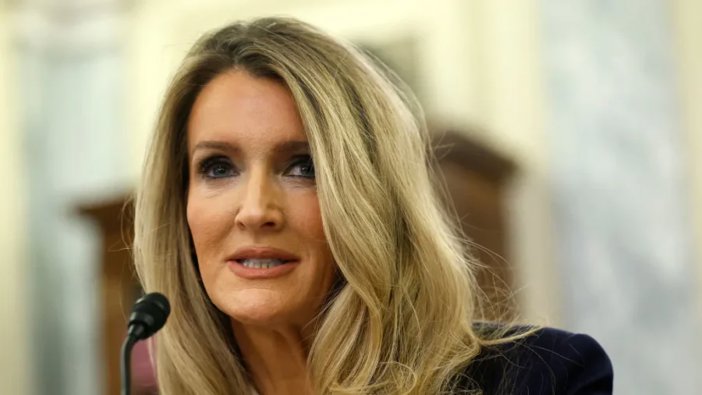
SBA Launches Audit After USAID Bribery Scandal
SBA launches a 15-year audit of contracting officers after a $1M bribery scheme at USAID exposes systemic oversight failures.
Audit Ordered Amid Contracting Scandal
The Small Business Administration (SBA) has ordered an extensive audit of its government contracting officers, reaching back to 2010, after revelations of a far-reaching bribery scheme within USAID’s business development program. The action comes as a direct response to a Department of Justice investigation that uncovered more than $1 million in bribes accepted by Roderick Watson, a key USAID contracting officer, who pleaded guilty to bribery of a public official.
SBA Administrator Kelly Loeffler called the fraud “a damning reflection of systemic failures in oversight and accountability.” In a letter to agency officials, Loeffler insisted the audit must cover every officer with grant-awarding authority from the past 15 years and focus first on high-value, limited-competition contracts under SBA’s 8(a) business development program. She emphasized, “The contracting process must be transparent and built on merit, not personal gain.”
Systemic Failures and Calls for Reform
The bribery scheme at USAID involved contractors Walter Barnes and Darryl Britt, who, according to DOJ filings, funneled payoffs to Watson through subcontractors, electronic transfers, shell companies, and false payrolls. The bribes, valued at over $1 million, included cash, electronics, luxury perks, and jobs for relatives. Despite USAID’s mandate to administer civilian foreign aid, the agency’s integrity was deeply undermined by the multi-year fraud operation.
Loeffler directed Associate Administrator Tre Pennie to “act decisively” and referred to the scandal as a collapse of the safeguards designed to protect taxpayer funds and ensure fair competition for small businesses. She noted that the fraud was “not an isolated incident,” but rather a sign of deeper problems in federal contracting oversight. Findings from the SBA audit will be sent to the Office of Inspector General and the Department of Justice for further action, including possible recovery of misused public funds.
The scandal intensified scrutiny of prior contracting decisions. In one high-profile case, the firm Vistant—initially excluded from federal contracts for “lack of business honesty or integrity”—successfully challenged its exclusion and was re-awarded an $800 million government contract and $10,000 in compensation. Loeffler criticized the prior administration for allowing such an outcome, saying, “The fact that a federal official was able to act as the linchpin of a persistent, large-scale fraud operation speaks to a failure in internal controls and a breakdown in the contracting environment that demands immediate correction.”
Restoring Trust and Protecting Small Businesses
Loeffler pledged that the SBA will no longer tolerate abuses that erode public trust and disadvantage deserving small businesses. She asserted, “We owe it to America’s small businesses to get this right. Your office has the authority, and now the mandate, to act decisively.” The agency’s leadership vowed that any officials or companies found in violation of ethical standards would be referred for prosecution and face strict penalties. The SBA will assist in recovering taxpayer dollars lost to fraudulent schemes and aims to rebuild faith in the federal contracting process.
As the audit begins, government watchdogs and small business advocates are watching closely. The case signals a renewed focus on transparency and accountability in federal programs, with implications for contract management across the public sector. Whether new safeguards and oversight will prevent future abuses remains a central question as the SBA undertakes its most comprehensive review in years.






